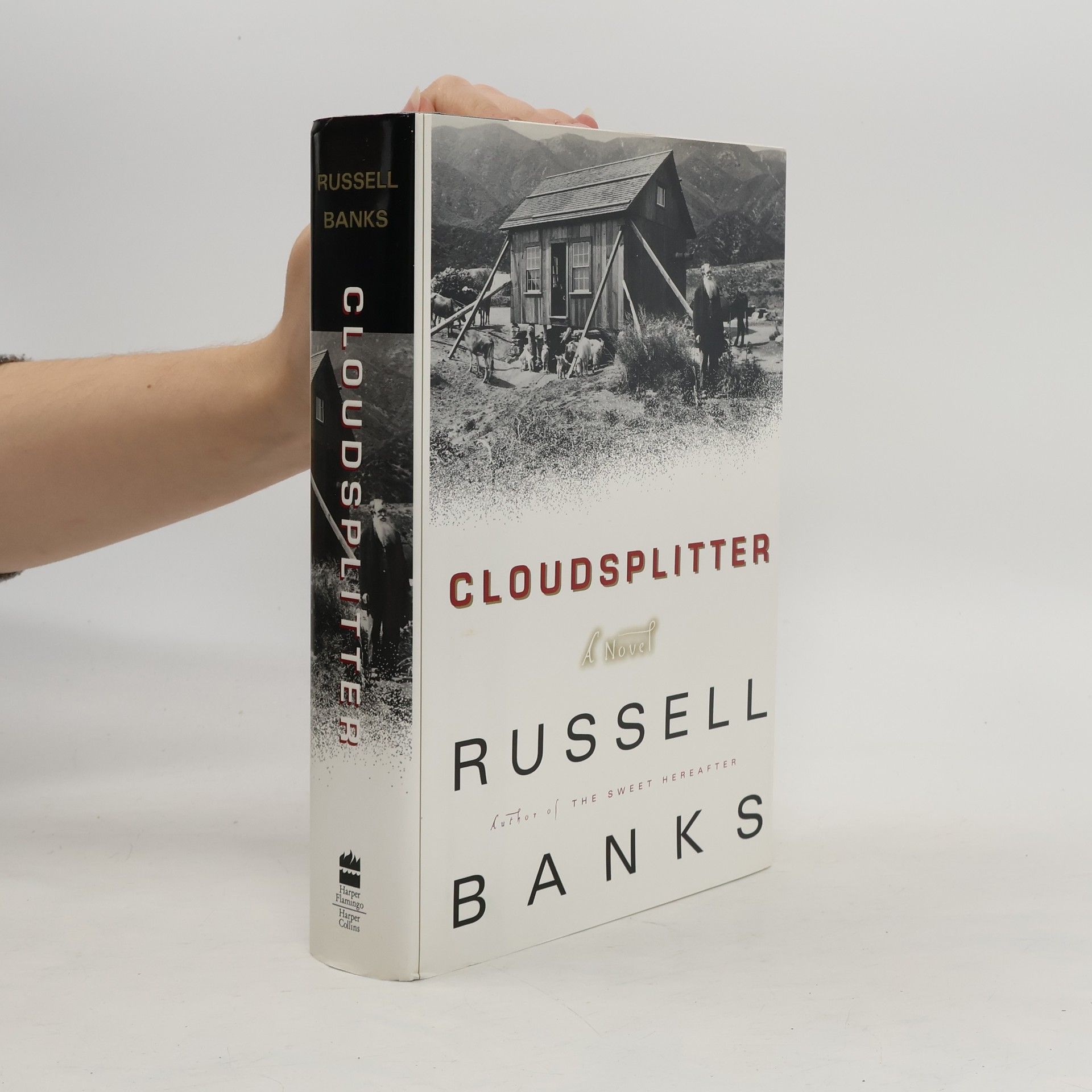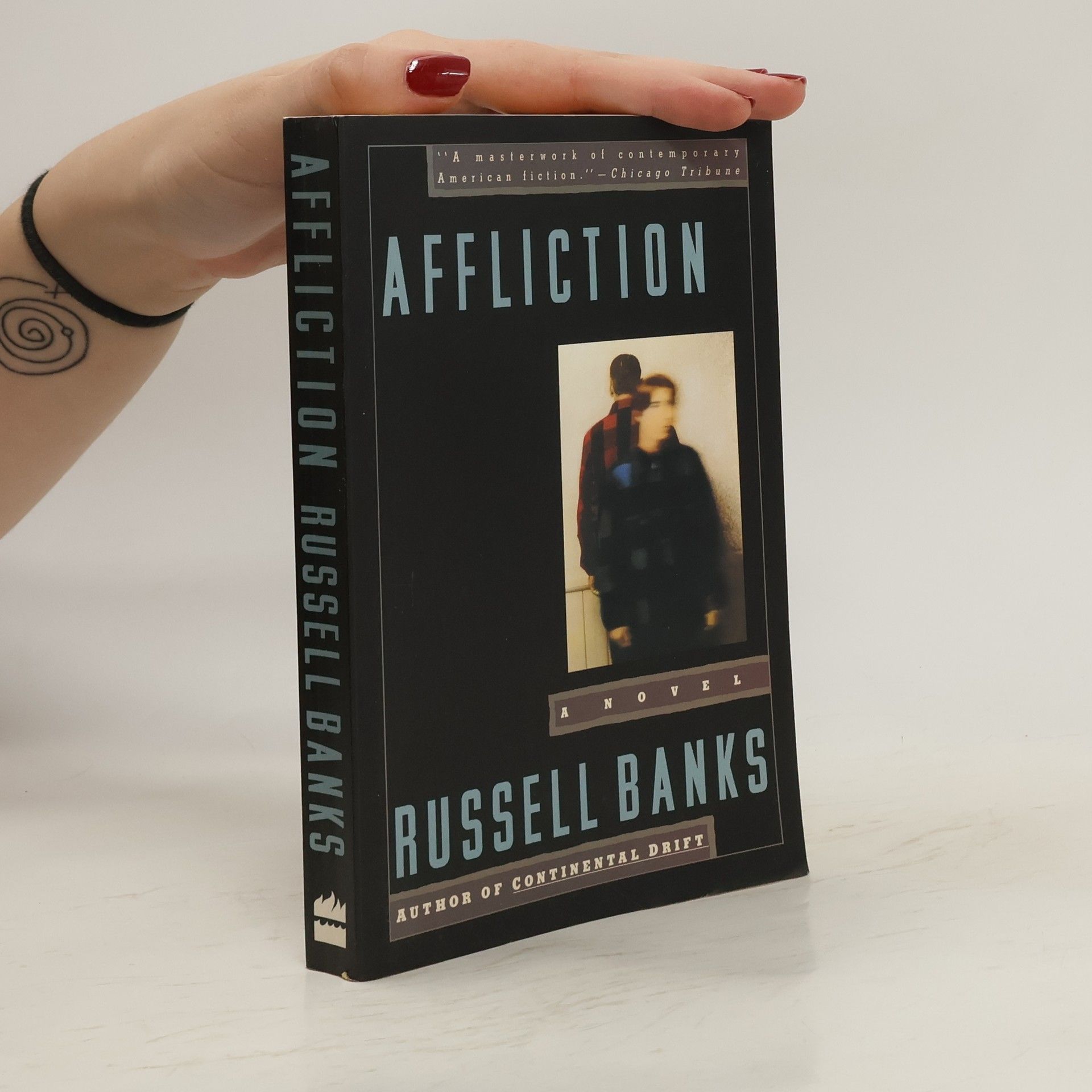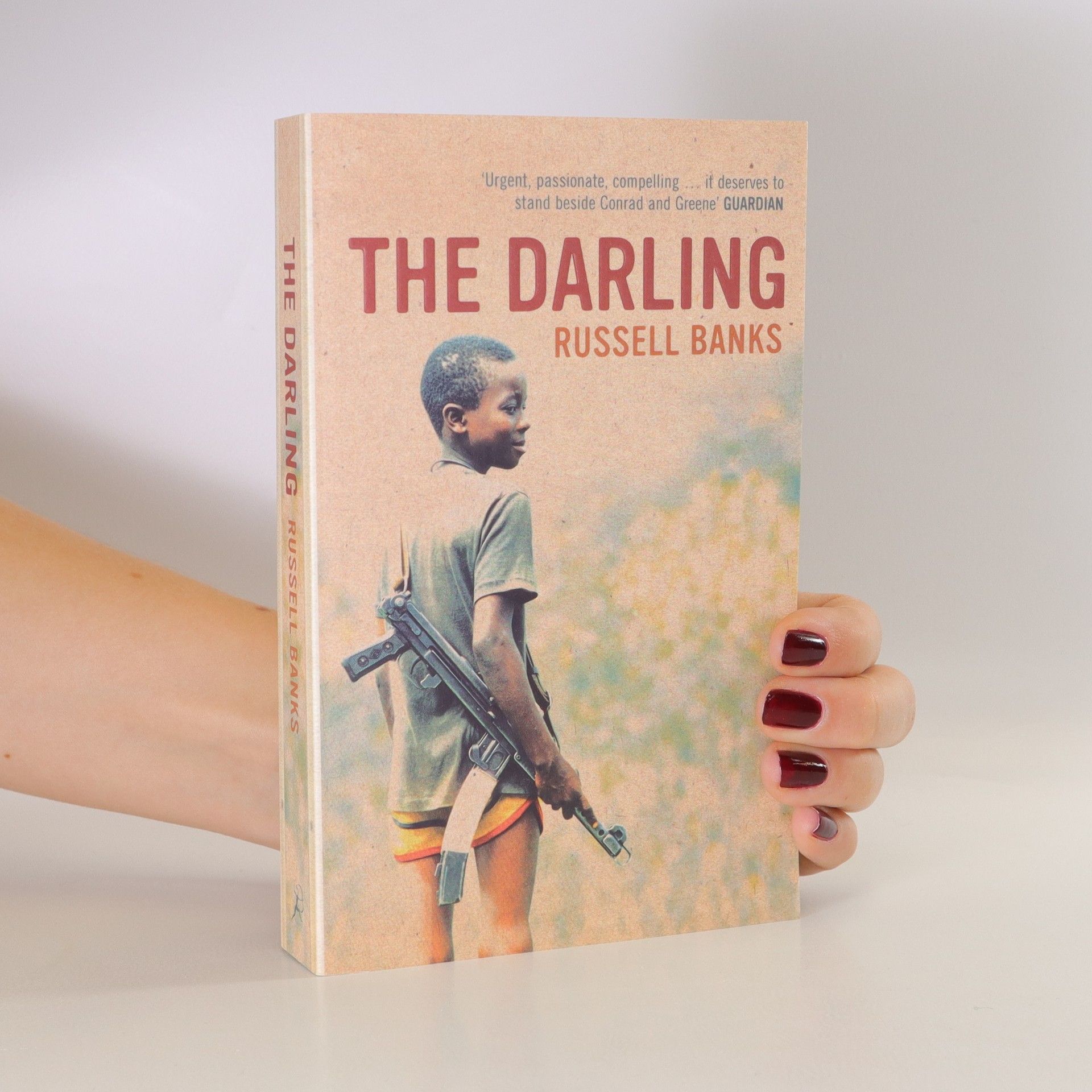Un membre permanent de la famille
- 240pages
- 9 heures de lecture
Un mari humilié qui rôde dans la maison de son ex-femme, des mythomanes qui prennent leurs semblables en otage, un serveur déprimé qui invente à une inconnue une vie qui n'est pas la sienne pour la sauver d'un hypothétique désespoir, des femmes noires qui sont traquées par des pit-bulls sur des parkings... Des hommes et des femmes qui, pour transcender leur existence ordinaire, mentent ou affabulent à l'envi, sous le soleil de Miami ou sous des cieux plus sombres. Dans ces douze nouvelles d'une extraordinaire intensité et peuplées de personnages cheminant sur le fil du rasoir, Russell Banks convoque les angoisses et les tensions régissant les relations humaines et transmue magistralement le réel et le quotidien en paraboles métaphysiques.









